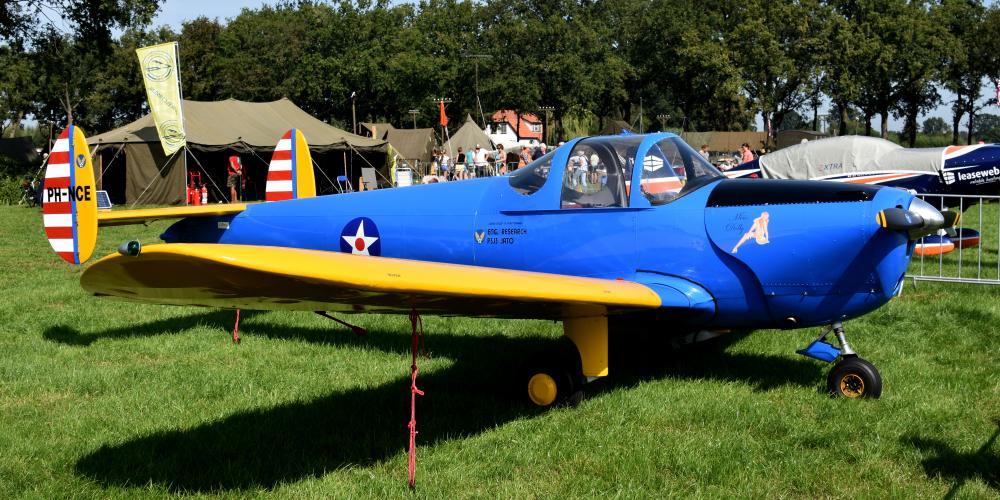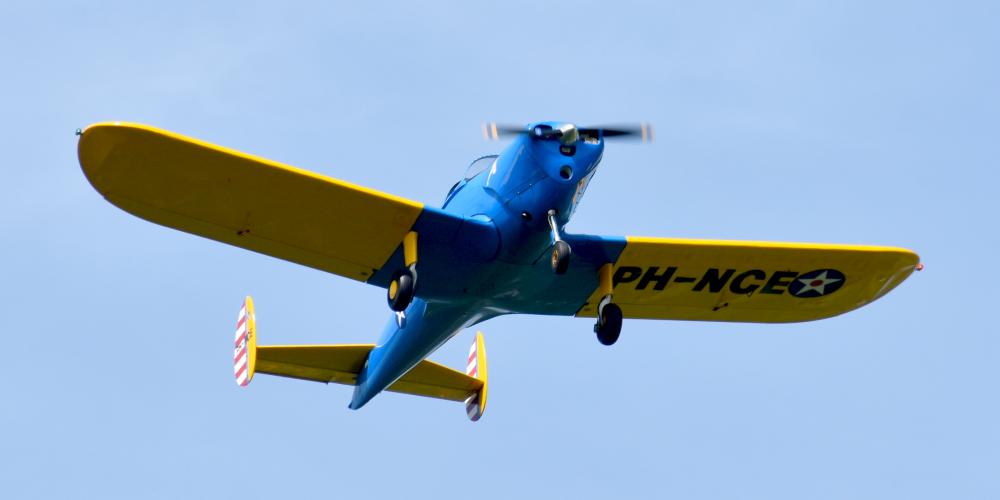ERCOEngineering and Research Corporation (ERCO) was started by Henry Berliner in 1930. Berliner was the son of Emile Berliner, who had patented numerous inventions relating to sound and acoustics, and was pioneer of helicopter development with the experimental Berliner Helicopter. When ERCO was founded, it produced tools for the manufacture of metal aircraft and propellers in a shed in Washington D.C. ERCO ErcoupeThe ERCO Ercoupe is a low-wing monoplane aircraft that was test-flown at College Park airport in 1937. It was first manufactured by ERCO shortly before World War II and several other manufacturers continued its production after the war. The final model, the Mooney M-10, first flew in 1968 and the last model year was 1970. It was designed to be the safest fixed-wing aircraft that aerospace engineering could provide at the time, and the type continues to enjoy a faithful following. 

ERCO 415-CD Ercoupe, registration PH-NCE, built 1947, serial number 4765
|